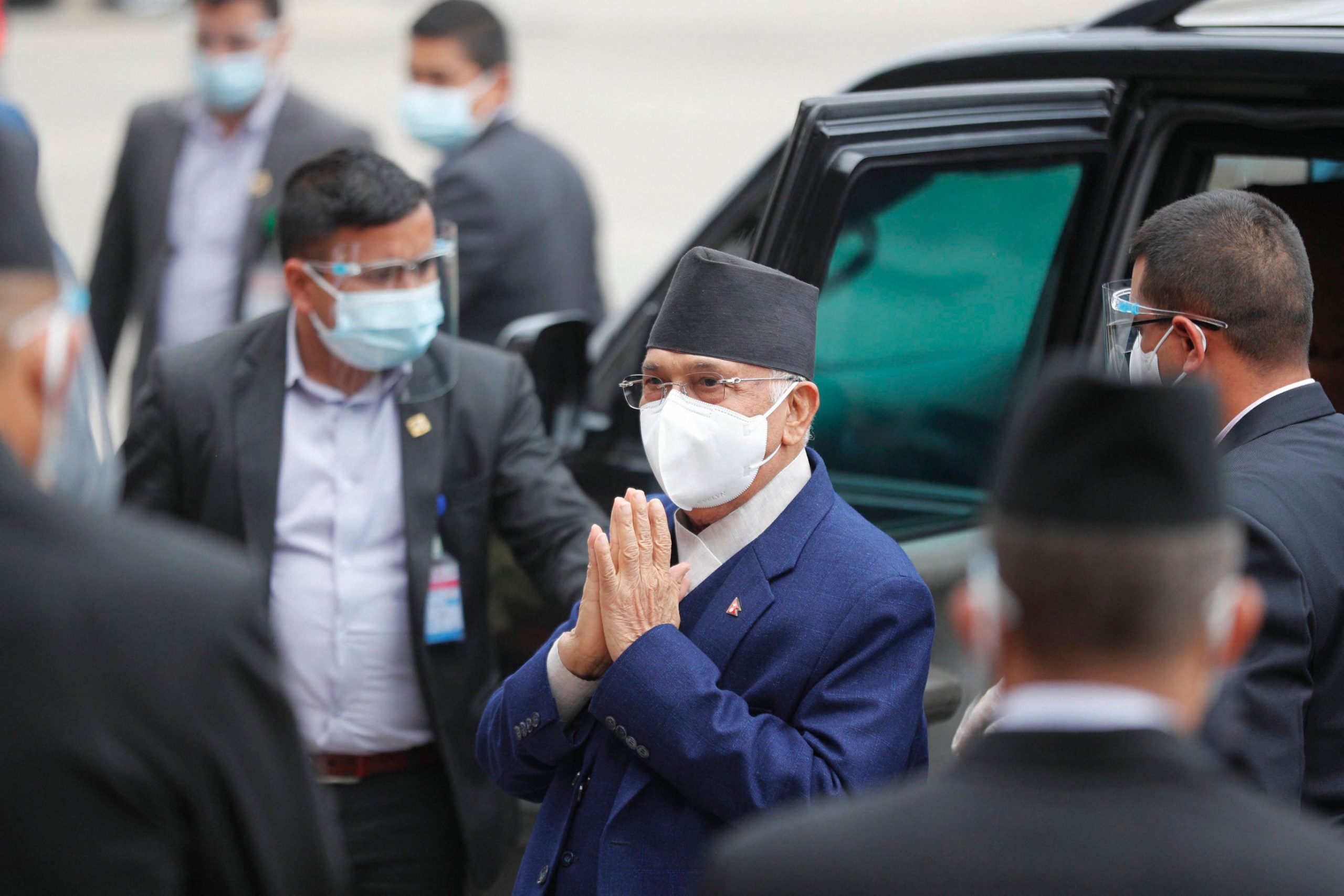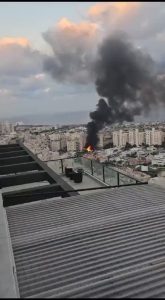Nepal’s veteran Communist leader K P Sharma Oli kindled hopes for much-needed political stability in the country when he assumed power for the second time in 2018 after the Left alliance swept the parliamentary polls, but that proved to be short-lived by his own actions.
Oli’s surprise move to recommend the dissolution of Parliament in December after weeks of power tussle within the ruling Nepal Communist Party pushed Nepal back into political instability and resulted in a vertical split in the biggest communist party in the Himalayan nation.
Oli, who joined politics as a student activist in his teenage and spent 14 years in jail for opposing the now-abolished monarchy, became Nepal’s Prime Minister for a second time in 2018 as a joint candidate of the Left alliance.
The alliance between the CPN (Unified Marxist–Leninist) and Pushpa Kamal Dahal ‘Prachana’-led CPN (Maoist Centre) won a majority in the House of Representatives and in six of the seven provincial assemblies in the 2017 elections. After their victory, the two parties formally merged in May 2018.
Known for his pro-China stance, 69-year-old Oli had earlier served as the country’s prime minister from October 11, 2015 to August 3, 2016 during which Kathmandu’s ties with New Delhi had strained.
During his first term, Oli had publicly criticised India for interfering in Nepal’s internal matters and accused it of toppling his government. He, however, promised to forge a partnership with India to move forward the country towards the path of economic prosperity ahead of assuming office for the second term.
During his second term, Oli claimed that efforts were being made to oust him after his government redrew Nepal’s political map by incorporating three strategically key Indian territories, a move that strained ties between the two countries.
India had termed as “untenable” the “artificial enlargement” of the territorial claims by Nepal after its Parliament unanimously approved the new political map of the country featuring Lipulekh, Kalapani and Limpiyadhura areas which India maintains belong to it.
Oli accused his rivals within the party of making efforts to topple his government.
The NCP, formed after the merger between Oli-led CPN-UML and ‘Prachanda’-led CPN (Maoist Centre) in May 2018, split following the power tussle between the two leaders. ‘Prachanda’-led faction withdrew its support to the Oli government, reducing it to a minority one.
Madhav Nepal led a rival group within the ruling party, which commands support of 28 Parliament members, also parted its ways, further weakening the Oli government, which lost a confidence vote in the Parliament on May 10.
In February, the Supreme Court reinstated the dissolved House of Representatives, in a setback to embattled Oli who was preparing for snap polls.
Born on February 22, 1952 at Terhathum district of eastern Nepal, Oli is the eldest child of Mohan Prasad and Madhumaya Oli. He was raised by his grandmother after his mother died of smallpox.
He left his school in Class 9th and joined politics. He, however, did Intermediate level in Arts from jail later. His wife, Rachana Shakya, is also a communist activist and the two had met in the course of party activities.
Oli started his political career as a student activist in 1966 by joining the fight against the autocratic Panchayat System under the direct rule of the King.
He joined the Communist Party of Nepal in February 1970. He went underground soon after taking the party’s membership. The same year, he was arrested for the first time by the Panchayat government.
In 1971, he took leadership of Jhapa Rebellion which was initiated by beheading landlords in the district.
Oli is one of the few political leaders of Nepal who spent several years in jail. He was imprisoned for 14 consecutive years from 1973 to 1987.
After his release from prison, he became a central committee member of UML in-charge of the Lumbini Zone until 1990.
Following the 1990 democratic movement that brought down the Panchayat regime, Oli became a popular name in the country.
In 1991, he became the founding chairman of Prajatantrik Rastriya Yuwa Sangh. A year later, he became the party’s publicity department chief and established himself as a key figure in Nepali politics.
He was elected as a member of the House of Representatives for the first time from Jhapa district in 1991. Oli had also served as the minister of home affairs in 1994–1995. He was re-elected to the House of Representatives from Jhapa electorate no 2 in 1999.
He had served as deputy prime minister during the interim government led by Girija Prasad Koirala in 2006 after the successful conclusion of the second People’s Movement.
Oli was elected as leader of the CPN-UML Parliamentary Party in the Second Constituent Assembly on February 4, 2014, defeating party chairman Jhala Nath Khanal.
In July 2016, Oli resigned as prime minister moments before a no-confidence motion, bringing an abrupt end to his nine-month-old government.


